
In trademark law, there are certain marks that cannot be registered. These include “immoral, deceptive, or scandalous matter” as well as marks which “falsely suggest a connection with persons, living or dead, institutions, beliefs, or national symbols”. The reasons for restrictions against these types of marks seems simple enough: it all goes back to the main aim of the trademark statute to prevent instances of consumer confusion. In some cases, determining whether a mark falsely suggests a connection with a person might be fairly obvious (for example, Beyonce Citrus for candles). Other marks may not clearly make a reference to a person if the mark is a common name and there is no indication that the name as, used in the particular mark, is not clearly intended to refer to that person. The USPTO recently demonstrated how it might make a decision on whether a mark is connected to a particular person, evaluating the application for KAVANAUGH BEER in connection with, what else, alcoholic spirits.
In an office action refusing registration for KAVANAUGH BEER, the examining attorney concluded that the mark was likely to suggest a connection with one Brett Kavanaugh. That would be Brett Kavanaugh, the most recent U.S. Supreme Court Justice appointed by President Trump (in case you weren’t in the loop on that one). Citing the principal that a mark cannot consist of or comprise matter falsely suggesting a connection with a person, the examining attorney concluded that the mark KAVANAUGH BEER would “unmistakably” point to Justice Kavanaugh. In making such a conclusion, the examining attorney relied on the following four factors:
- KAVANAUGH BEER is the same as, or a close approximation of, the name or identity used by another person (this factor seems to apply broadly to many different marks involving names of people, especially because names like KAVANAUGH are incredibly common).
- KAVANAUGH BEER points uniquely and unmistakably to Brett Kavanaugh (apparently the examining attorney relied on a series of news articles discussing Justice Kavanaugh’s Senate confirmation hearing where his consumption of alcohol during high school and college took on special interest; this would probably be a closer call had there not been such a media buzz regarding the topic of Justice Kavanaugh and consumption of alcohol).
- Brett Kavanaugh is not connected with the alcoholic spirits proposed to be sold under the mark.
- Brett Kavanaugh’s fame or reputation is of such a nature that a connection with him would be presumed when used with spirits (again, this is a factor that was likely precipitated by the buzz created by media attention to the topic of Justice Kavanaugh’s consumption of alcohol or, as Justice Kavanaugh put it himself at the time, “I like beer”).
The refusal of the KAVANAUGH BEER application highlights the extent to which the USPTO can rely on press articles to demonstrate that a particular surname, which might otherwise not be rejected. Taking a different example involving another Supreme Court Justice (and also involving a type of spiritous drink), Antonin Scalia, an application for the mark SCALIA for wine was also refused. This time, however, the mark was refused because “Scalia” was such a common surname. Although the trademark office cited the fact that Antonin Scalia was a U.S. Supreme Court Justice, and the American public would likely recognize his name as such, there was no evidence cited that Justice Scalia had any relation to wines or spiritous liquors (likely because there wasn’t any given that the topic did not arise during Justice Scalia’s confirmation hearing).
One interesting scenario would be if the applicant who filed an application for KAVANUGH BEER was also named Kavanaugh. Although such an application could also be rejected on the basis that Kavanaugh is merely a surname (and a common one at that), the applicant could possibly overcome the objection by showing that it has used the name for a period of time that consumers associate the name with the applicant. Such showings are sometimes difficult to make because the evidence provided may not be substantial enough or it might show that consumers associate some other identifier with the company and not the mark at issue in the application. Even if the applicant was able to show acquired distinctiveness in their particular mark, the application could still be refused for its tendency to draw a false connection to Brett Kavanaugh.
Bottom line: filing an application to take advantage of a popular story is likely to fail for the very reason that it seeks to take advantage of the fame created by the false story.


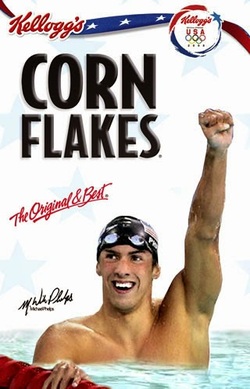

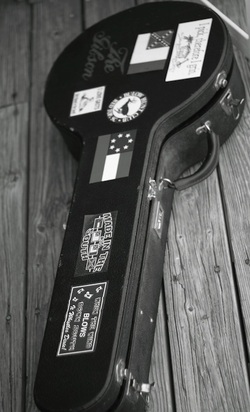

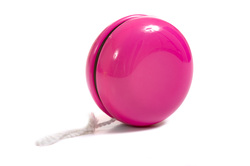

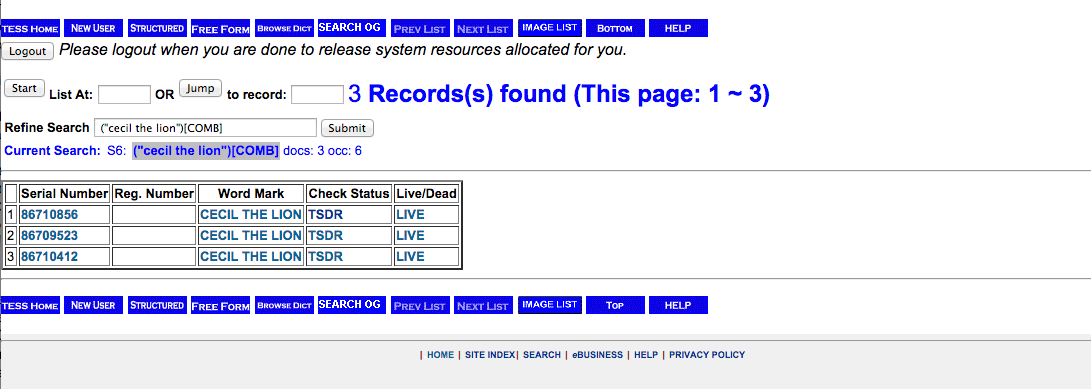
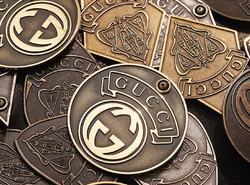

 RSS Feed
RSS Feed